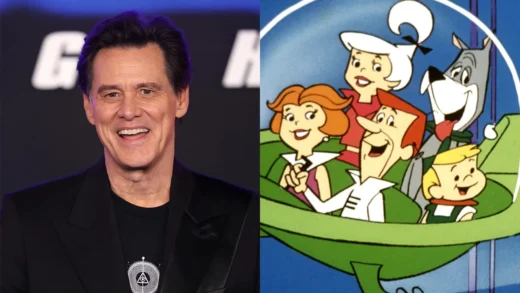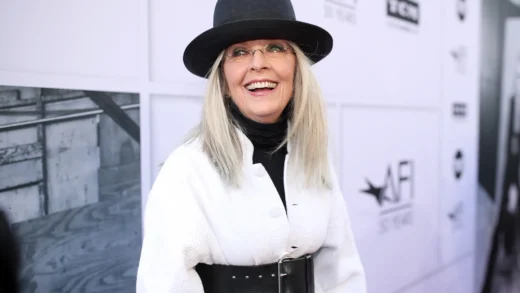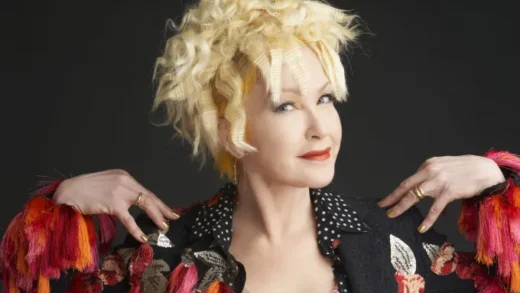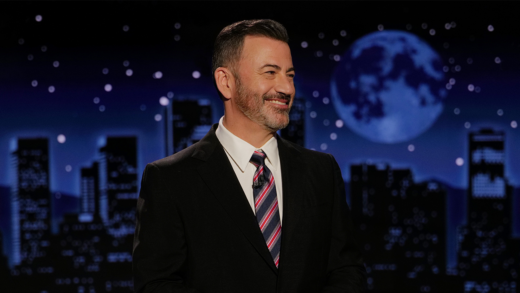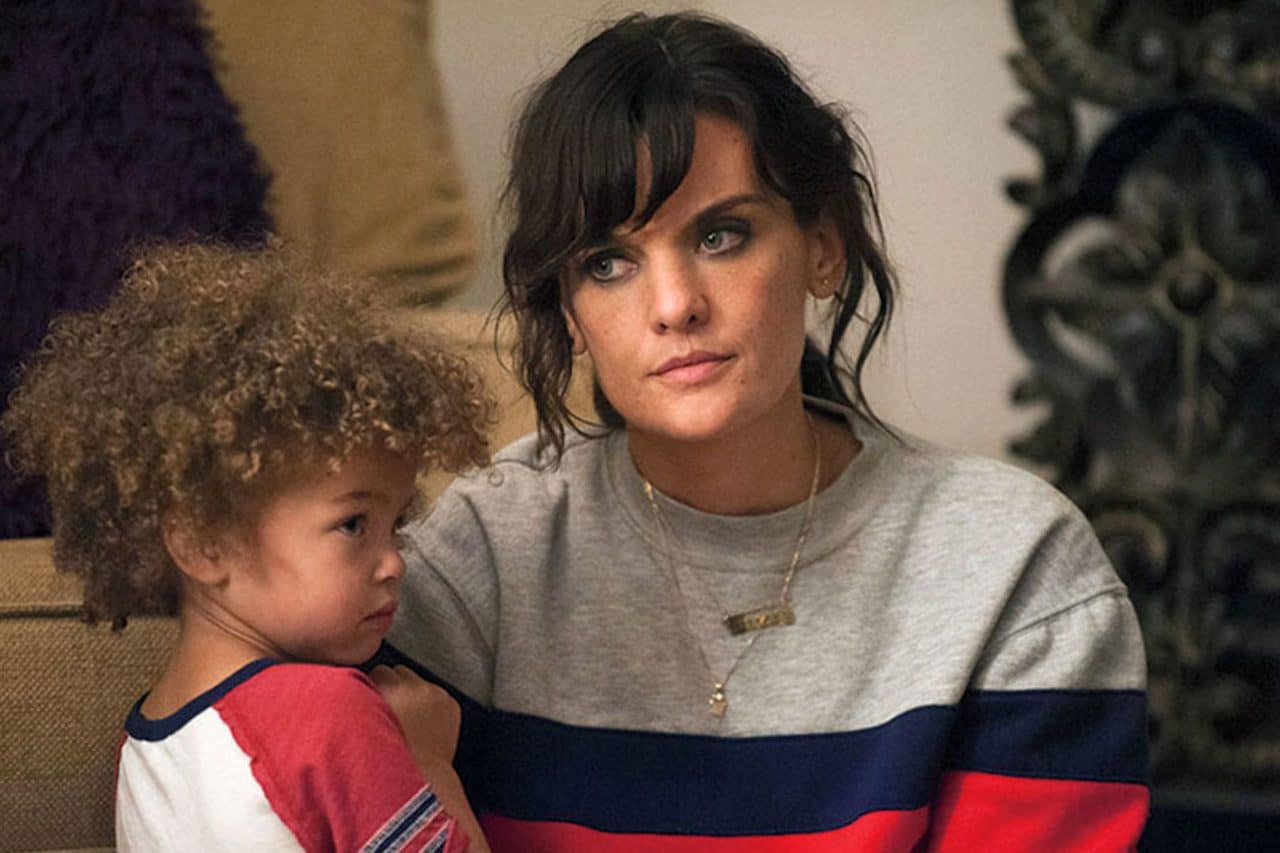After two seasons and a campaign to rehabilitate the image of its creator-star, SMILF has been given walking papers at Showtime. The network confirmed that the Frankie Shaw-led series will air the remainder of its Season 2 episodes, but will otherwise shutter production. Shaw herself has had her creative deal with ABC Studios suspended amid an investigation into her conduct.
“After weighing a variety of factors, Showtime has decided that SMILF will not move forward for a third season,” the network said in a statement. “The remainder of the second season will continue to air as scheduled on Showtime through its series finale on March 31. We remain extremely proud of the two seasons of SMILF, and thank Frankie Shaw for her singular voice and unique creation, as well as the dozens of writers, producers, actors, directors and crew members both in Los Angeles and on location in Boston, who contributed to this exceptional series.”
Additionally, ABC Studios confirmed in its own statement that “Frankie Shaw’s overall deal with ABC Studios has been suspended without pay while we review our options.” The two-year deal was announced last summer, and The Hollywood Reporter notes Showtime was looking to place Shaw behind the camera for a limited series based on Sylvia Plath’s The Bell Jar.
Behind-the-scenes issues with Shaw’s role as SMILF showrunner emerged in December, as staffers complained to the Writers Guild of America of race-based separation in the writers’ room, as well as improper crediting and compensation. Separately, Shaw is alleged to have pressured co-star Samara Weaving into a nude scene during the first season (her contract has a no-nudity clause), and violated on-set discretion for the filming of a Season 2 sex scene.
In January, Shaw addressed the controversy during a Late Night With Seth Meyersappearance. “I would say I’ve learned so much; there are so many lessons,” Shaw noted of her quick rise from writer to showrunner. “And I went from making short films in my basement to running a crew of over 215 people, and there’s a lot of lessons along the way. I mean, I’m right now thinking about a better structure for communication and how to delegate more . . . Thinking about how everyone can feel seen and heard, essentially.”
At the time of the original reports, Shaw’s attorney stated that “There was never an intention or desire to group the writers based on gender, race, or sexual orientation, nor was that ever consciously done by anyone. Smaller ‘breakout’ groups are formed solely based on ability and the strengths of the individual writers.” Massachusetts state senator Nick Collins subsequently called for the show’s tax credits to be revoked, stating, “Massachusetts taxpayers cannot subsidize segregation and discrimination; unfair labor practice and harassment.”
(Excerpt) Read more in: Vanity Fair
